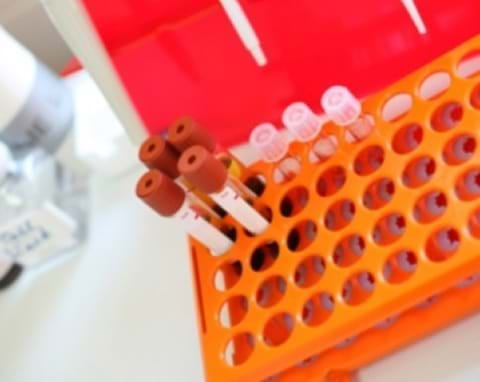
If you have an allergy, your body is reacting to something you inhaled, touched or ate. The substances that trigger an allergic reaction are called allergens. Reactions to these allergens range from annoying to life-threatening. Many people with untreated allergy symptoms aren't aware of how much better they can feel once their symptoms are properly diagnosed and managed by an allergist.
Allergy tests, combined with the knowledge of your allergy specialist to interpret them, can give precise information about what you are and are not allergic to. For instance, if you wheeze when you are at home and don't know why, you don't have to get rid of your cat if your allergy testing shows you are allergic to dust mites but not cats. With this information, you and your allergist can develop a treatment plan to manage or even eliminate your symptoms.

Testing done by an allergist is generally safe and effective for adults and children of all ages. Symptoms which usually prompt the allergist to perform skin testing include:
Most symptoms are caused by one or more of these allergens:
More serious allergic reactions can be caused by:

This type of testing is the most common and is relatively painless. A very small amount of certain allergens is put into your skin by making a small indentation or allergy testing "prick" on the surface of your skin. If you have allergies, just a little swelling will occur where the allergen(s) which you are allergic to was introduced. If you are allergic to ragweed pollen but not to cats, only the ragweed allergen will cause a little swelling or itching. The spot where the cat allergen was applied will remain normal. You don't have to wait long to find out what is triggering your allergies. Reactions occur within 10 to 15 minutes. You generally won't have any other symptoms besides the small hives where the tests were done, which go away within 30 minutes. If your prick skin tests are negative but your physician still suspects you might have allergies, more sensitive intradermal tests will be used in which a small amount of allergen is injected within the skin. Skin tests are performed in an allergist's office.
In a challenge test, a very small amount of an allergen is inhaled or taken by mouth. Challenges are done mostly with potential food or medication allergies, and it is very important that they be supervised by an allergist.